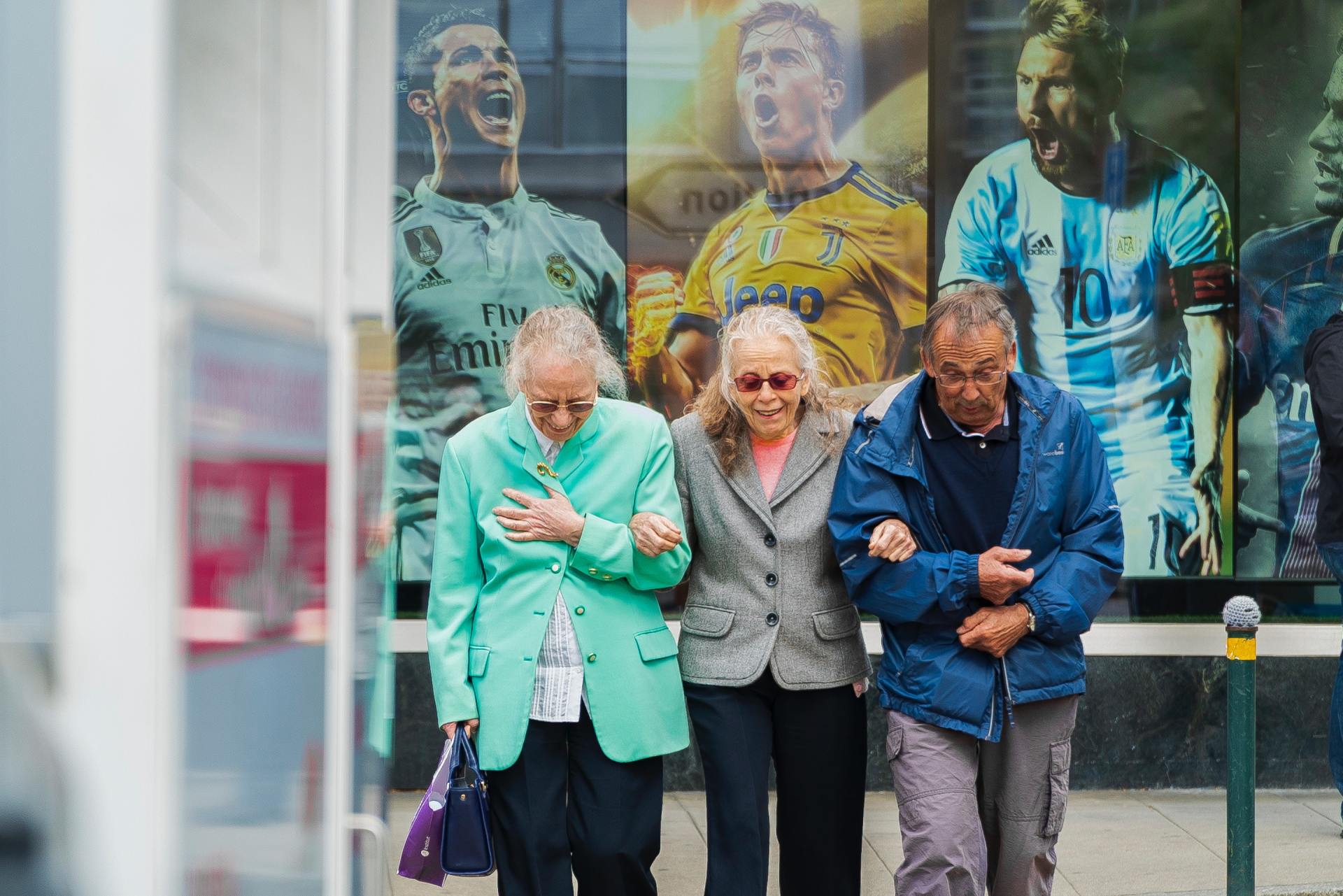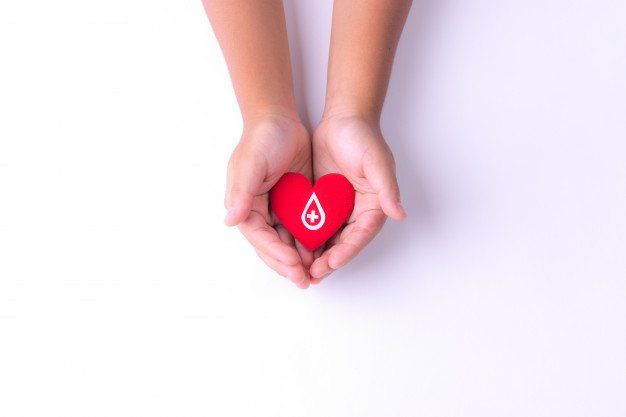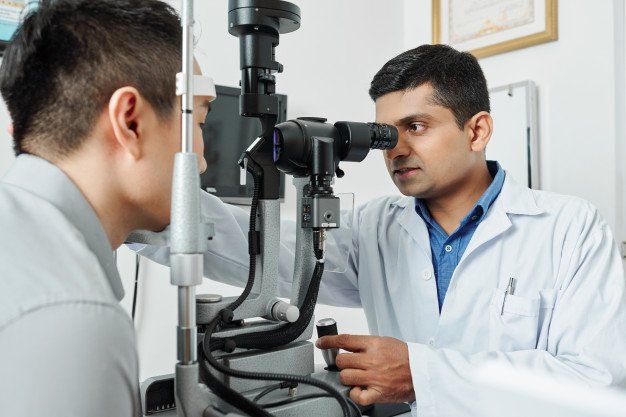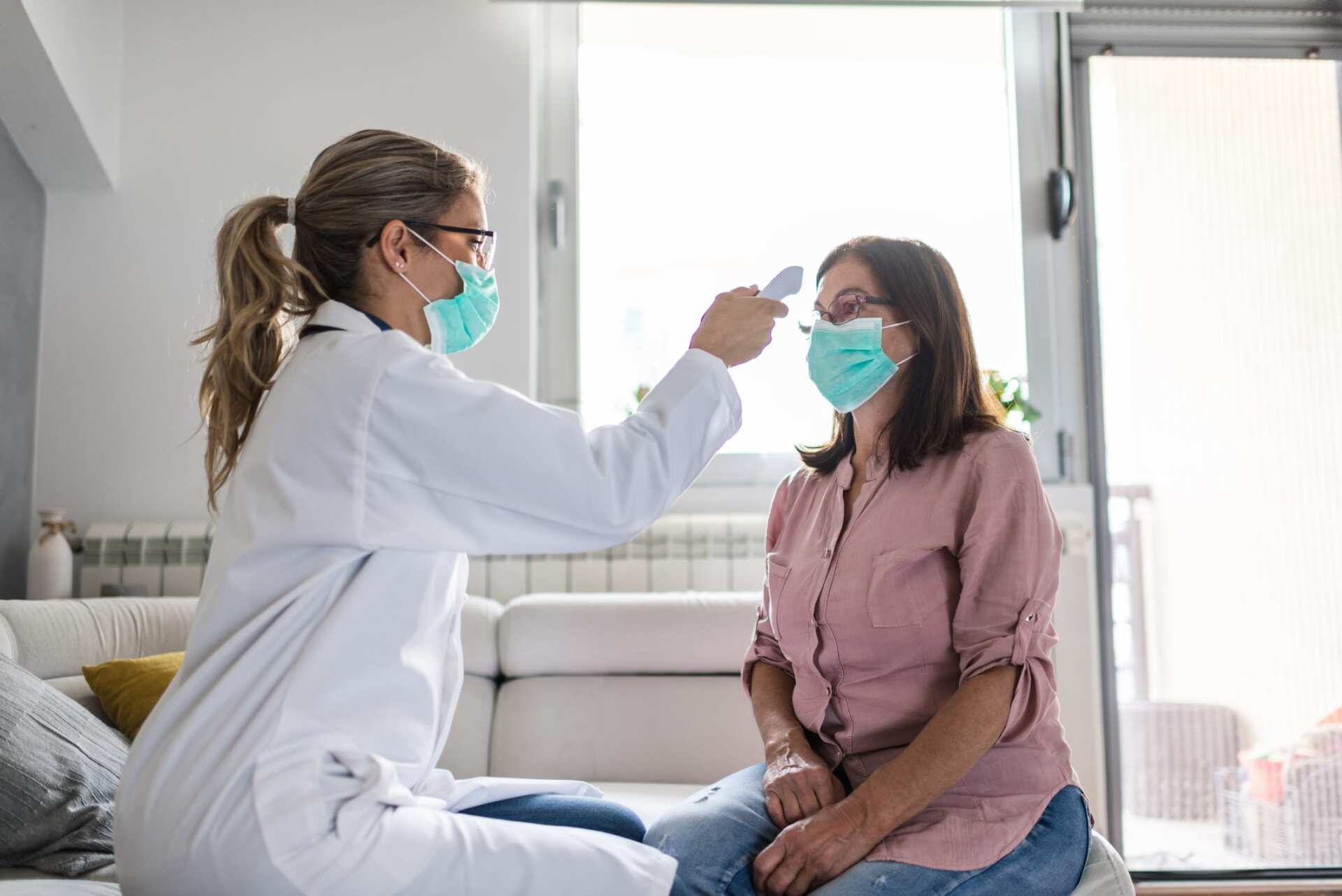Beat the Heat This Summer
Beat the Heat This Summer
With temperatures ranging anywhere from 70℉ to over 100℉, it is crucial that you take care of yourself and your loved ones during the summertime. Some helpful tips to do so include staying hydrated, protecting your skin and eyes, and watching for signs of heat-related illness.
It is imperative that you eat healthy and light, and drink plenty of water. Whether you’re at home or in public, be sure to drink more water than you normally do, even if you don’t feel thirsty. Room temperature water is better, since ice-cold water can bring on stomach cramps. Avoid alcoholic beverages as well during a heat wave, since these can reduce the body’s ability to cool itself. Seniors should make sure they’re drinking at least eight 8-ounce glasses (1.89 liters) of water throughout the day. Adult women need at least nine 8-ounce glasses (2.13 liters) per day, and adult men need a little more than twelve-and-a-half 8-ounce glasses (3 liters) per day. If you are taking medication, check with your doctor regarding how much fluid you should be drinking.
In addition to staying hydrated, protect your skin during high temperatures. Unprotected skin can be burned by the sun’s UV rays in as little as 15 minutes, but can take up to 12 hours for damage to be seen. CDC recommends staying out of the sun between 10 a.m. and 4 p.m., as this is when its UV rays are at their highest levels. If you must be outside during these hours, seek shade whenever possible. Use protective clothing and sunscreen even when in the shade. Children younger than six months should not use sunscreen, but should rather be protected from the sun’s rays with protective clothing and shade. Children older than six months should have sunscreen applied regularly when outdoors. Higher SPF numbers indicate increased protection. The American Academy of Dermatology recommends using at least SPF 30. Re-apply sunscreen every two hours or following a swim or sweat session. Be sure to check the expiration date as well — shelf life is typically three years, less if it has been stored in high temperatures.
Along with applying sunscreen, be sure to wear sunglasses that block at least 99% of ultraviolet A and B rays when outdoors. Proper, protective sunglasses, such as those with UVA and UVB protection, help prevent damage to the sensitive skin around your eyes, as well as cataracts. Ask your eye doctor to help find the best fit for you.
Along with taking precautions to protect yourself in the heat, it is important to be able to recognize signs of heat exhaustion — a type of heat stress that can lead to heat stroke. Symptoms include vomiting, nausea, excessive sweating, low blood pressure, moist and cool skin, a weak pulse, fatigue and weakness, blurred vision, strong thirst, and rapid breathing. As soon as you notice any of these signs, stop all current activities and get yourself or the ailing person to an air conditioned building immediately. This precaution can prevent the onset of a life-threatening heat stroke.
Heat stroke can come on quickly without any prior indication of heat exhaustion, which is why you should recognize symptoms of this life-threatening condition as well. Symptoms include dry, hot, red skin (because the body has stopped sweating); a temperature above 104℉; weakness, confusion, irritability, or strange behavior; a rapid pulse; dizziness or headache; convulsions; and loss of consciousness. If you detect the signs of heat stroke in yourself or another individual, call an ambulance immediately. Left untreated, heat stroke can quickly cause organ damage leading to serious complications and death. Thus, it is imperative to seek emergency care for yourself and anyone that you suspect may be suffering from heat stroke.
In order to protect yourself from heat stroke, stay in an air conditioned space during national heat alerts and dress appropriately if you do need to go outside during high temperatures.
- Check weather reports. Look out for alerts regarding heat advisories and excessive heat warnings. A heat advisory will be issued if forecasts predict that a temperature of at least 100℉ (37.8℃) will last for more than two hours, and an excessive heat warning will be issued if temperatures exceeding 105℉ (40.6℃) are forecast to last for at least two hours.
- Stay inside if you have air conditioning. In the case of a national heat alert, make every effort to stay indoors if you have air conditioning. Draw all blinds and curtains to keep out the heat of the sun and turn on ceiling fans to redistribute the cool air from the air conditioner more efficiently. If you don’t have air conditioning, try to spend the late morning and early afternoon hours in public buildings that do, such as libraries, malls, community centers, and grocery stores. If you are unable to get to an air conditioned public building, stay on the lowest floor of your residence, out of the sun. If you begin to feel overheated, take a cold bath or shower.
Regardless of whether you are indoors or outdoors on a hot summer day, listen to your body and do not ignore any symptoms that may arise.
















